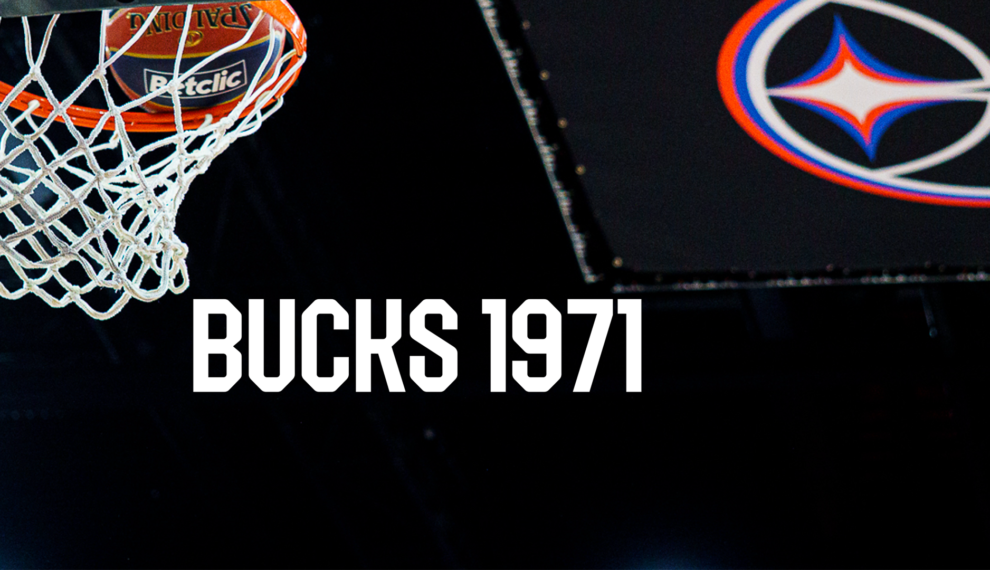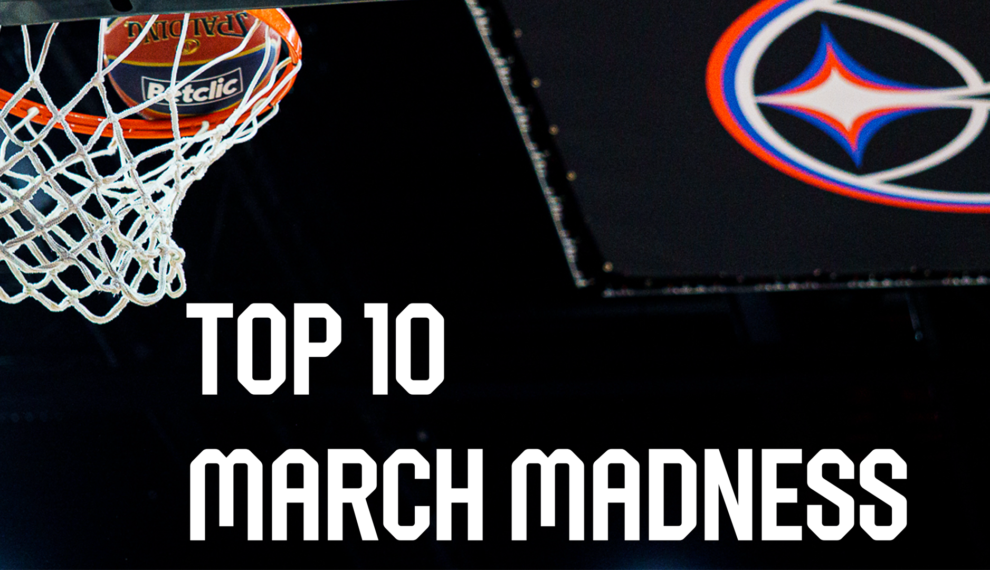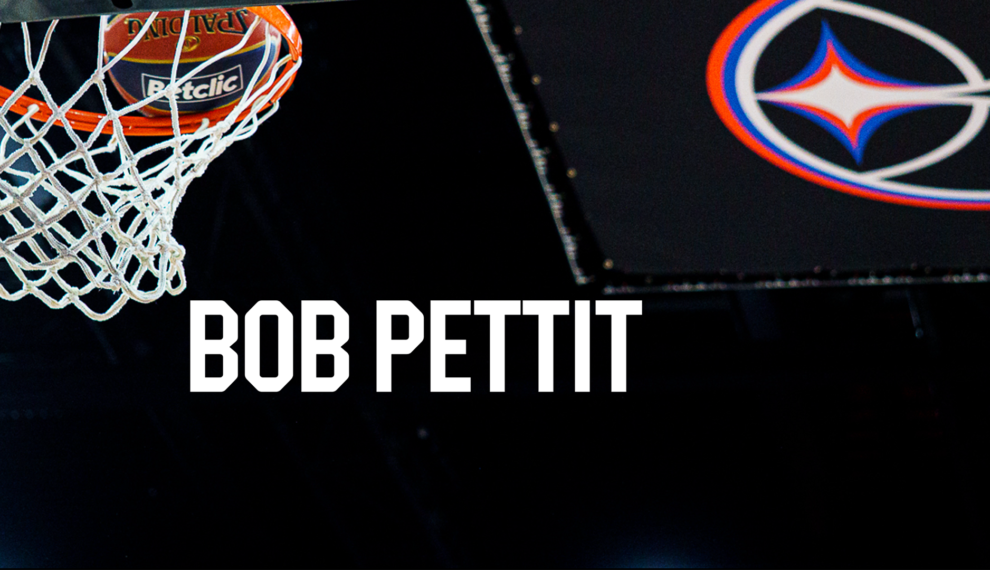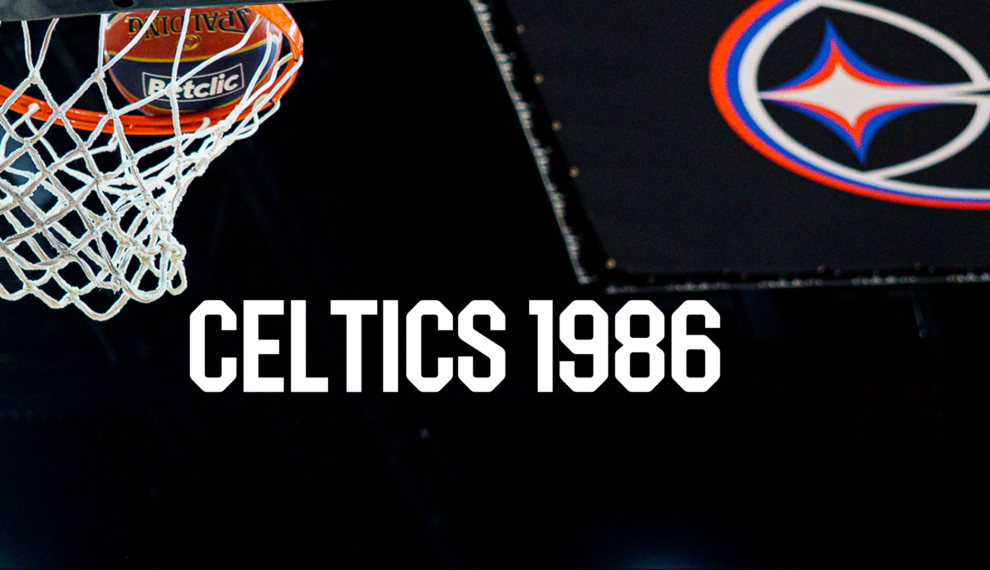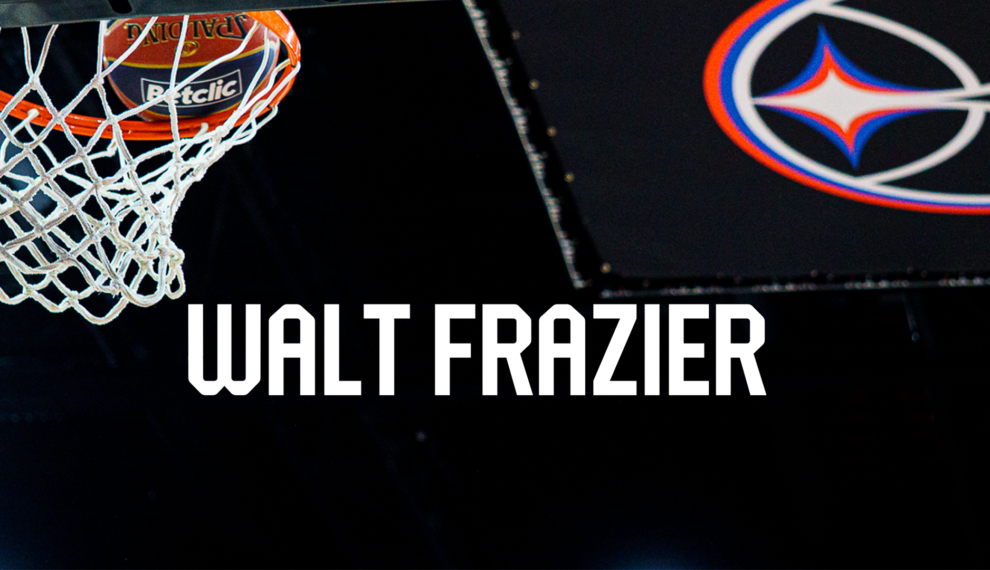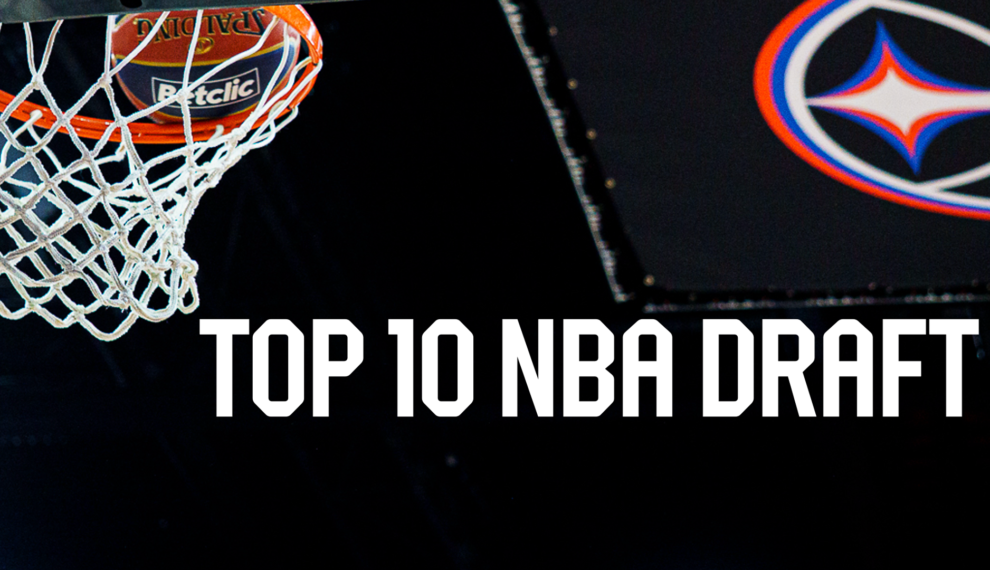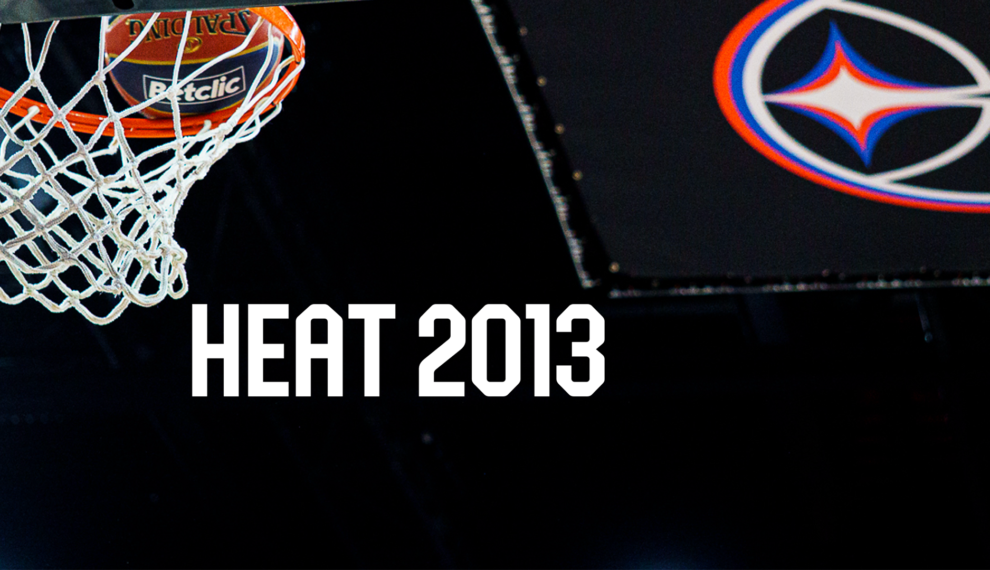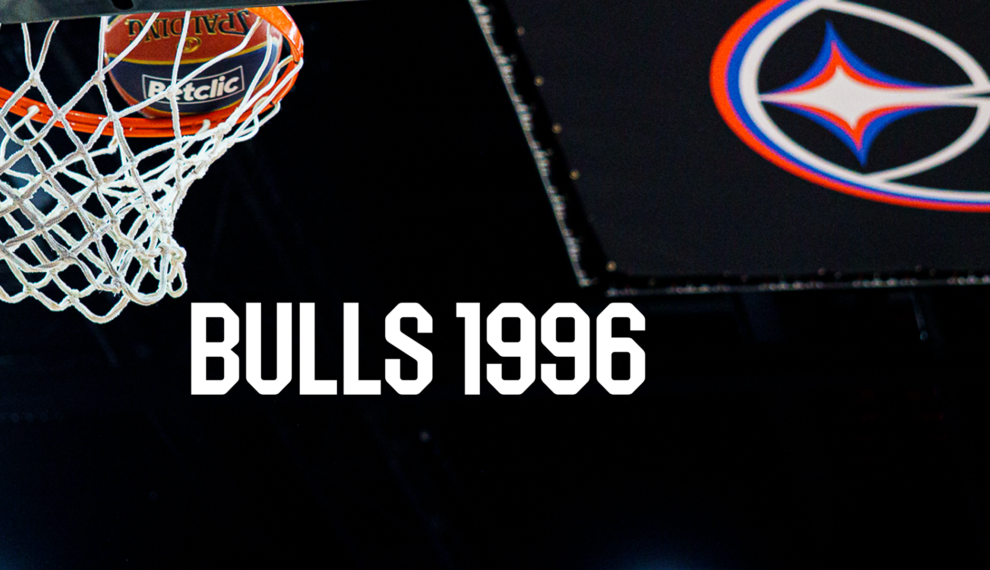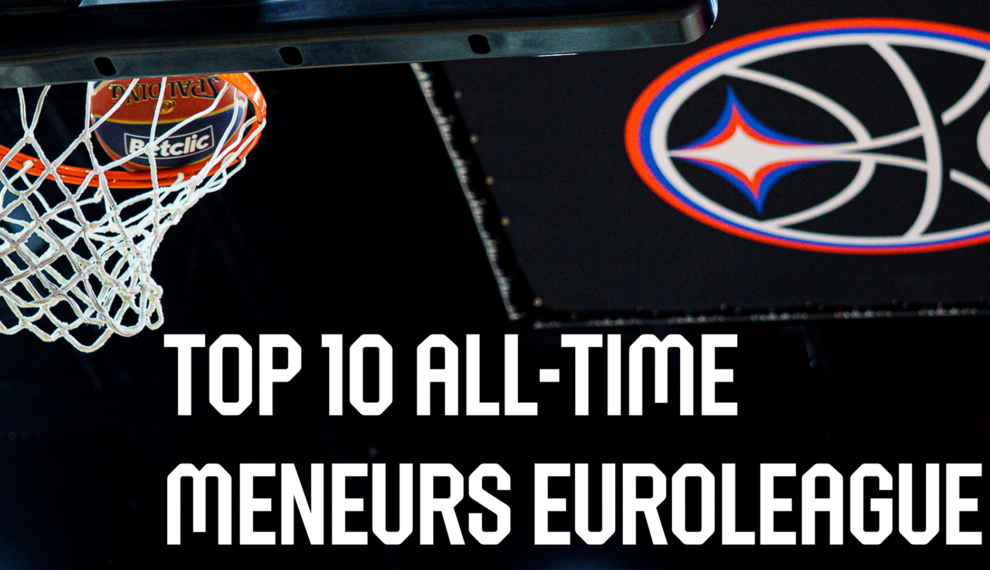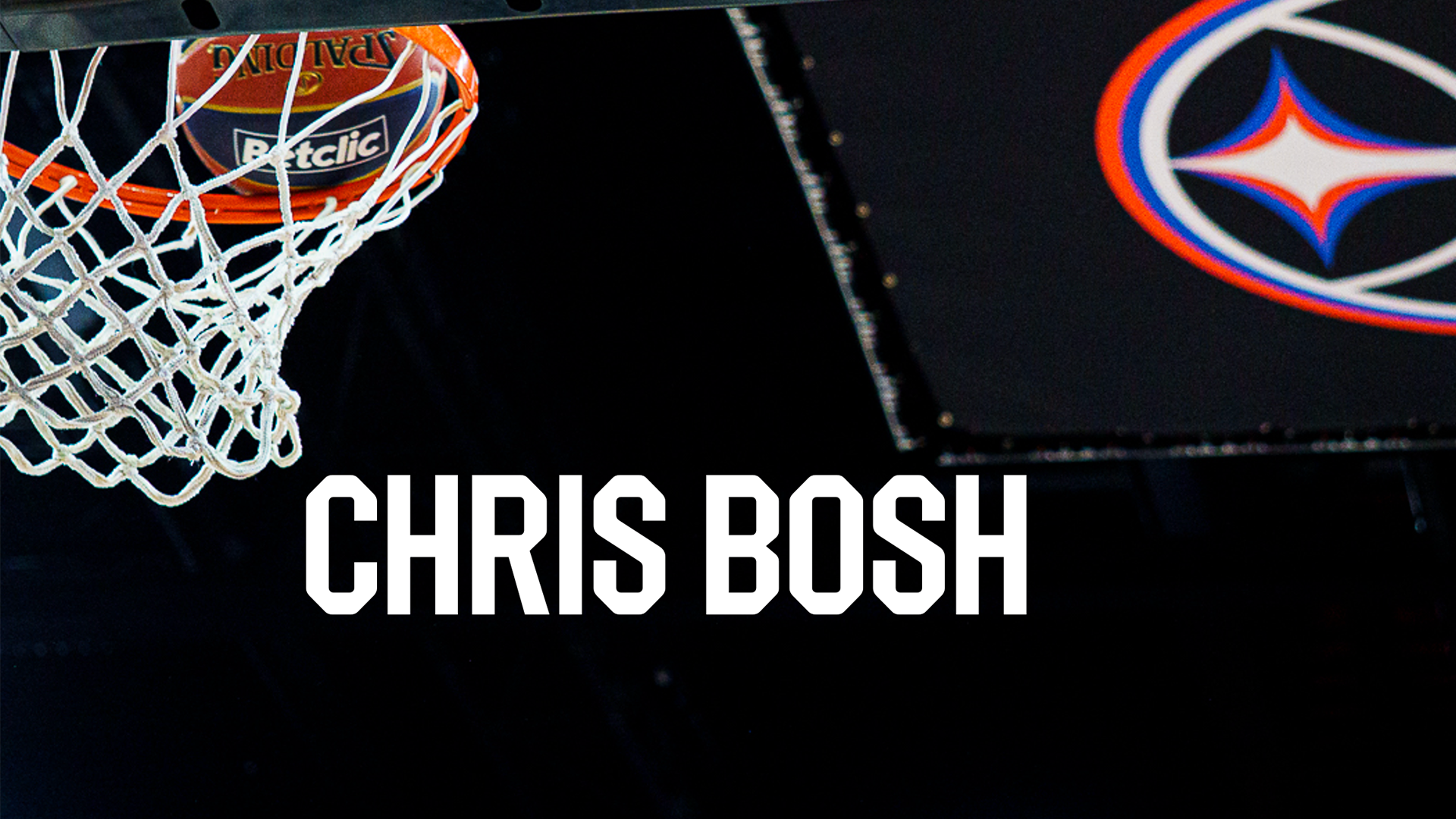
Christopher Bosh: The Heat’s other hero
His career
Christopher Bosh embodies the generation of players who revolutionised the centre position in the NBA. Drafted in 2003, the same legendary year as LeBron James and Carmelo Anthony, this Dallas native carved his own path to glory, away from the spotlight but with unparalleled class.
It all began in Toronto, in the Canadian cold, far from the hustle and bustle of the big American franchises. The Raptors took a chance on this young power forward from Georgia Tech, and it quickly paid off. Bosh went from strength to strength, season after season, showing impressive linear progress. From a promising rookie, he quickly became the figurehead of a franchise in search of an identity. His last season in Ontario remains memorable: averaging 24 points, assuming the status of franchise player and displaying a maturity that attracted everyone’s attention.
The summer of 2010 marked a turning point in his career. When Chris Bosh announced that he was joining the Miami Heat alongside Dwyane Wade and LeBron James, it sent shockwaves through the league. The ‘Big Three’ was born, and with it, a new era of modern basketball. For Bosh, this meant less ball possession in attack: from being the first option in Toronto, he became the third wheel in a formidable trio. But it also promised titles, breathless playoff series and nights of glory under the Florida lights.
His adaptation was remarkable. Where others might have balked at losing possession and shots, Bosh embraced his new role with intelligence. He became the kind of player who could fade into the background for three quarters before stepping up at the crucial moment. His first season in Florida saw him post impressive stats: 18.7 points and 8.3 rebounds, but above all, he was effective in serving the team.
The 2011–2012 season revealed his true value. When Wade and James were absent, Bosh naturally took on the role of leader. That three-pointer at the buzzer against the Atlanta Hawks in overtime? Pure class. During the playoffs, his absence against the Pacers was sorely felt by Miami. But in the conference finals against Boston, he came back strong. A substitute in Game 4, he exploded in Game 6 with 19 decisive points. The Heat reached the finals and won the title against the Oklahoma City Thunder. First NBA title, first ring. The machine was set in motion.
2013 confirmed the Heat’s dominance with a second consecutive title. Bosh was now a seasoned champion, a power forward capable of defending all positions, spacing the court with his outside shooting and bringing the tactical intelligence that makes the difference in big games. He grabbed a decisive rebound that set up Ray Allen’s shot to send the Spurs into overtime and then Game 7. The Heat ended up winning the series, and Ray Allen’s shot is often remembered as one of the most clutch shots in history, and rightly so. But Chris Bosh’s rebound was imperial, and without it, there would have been no shot, no overtime, no back-to-back titles, and the Big Three would not have had the same significance in the eyes of NBA fans. Lebron thanks you for your work, Chris.
But as all good things must come to an end, the Akron native returned home in 2014 after a 4-1 defeat to the Spurs. Bosh chose to stay and carry the team alongside Wade. The 2014-2015 season saw him regain his status as the first option: 21.6 points, 8.2 rebounds, the Chris Bosh of Toronto’s glory years, but with the experience of champions. His performance against Detroit in February 2015 summed up his talent: 34 points, including 21 in a perfect third quarter with 9/9 shooting.
Unfortunately, physical problems began to pile up. Absences are increasing, and his NBA career ends prematurely in 2017. He is diagnosed with blood clots in his leg, which pose a huge risk of serious injury and prevent him from returning to the court. He ends his career for good in 2019 despite hopes of a comeback between 2017 and 2019.
His playing style

Chris Bosh was the archetype of the modern power forward before his time. Tall, athletic, capable of shooting from distance and punishing opponents near the hoop, he possessed the versatility that is now the norm in the NBA. His mid-range shot was clinically accurate, and his basketball IQ was exceptional. Defensively, his mobility allowed him to switch onto guards as well as centres. He was a complete, elegant player, never excessive but always effective. His adaptation to the Heat proved his intelligence: spacing the game, defending, grabbing rebounds and popping up at the right moment. Chris Bosh was an effective, complete player and a formidable competitor.
Sa legacy
Christopher Bosh has left an indelible mark on the modern NBA. He was one of the first big men to truly extend his game to the three-point line, foreshadowing the ‘stretch four’ revolution that dominates the league today. His personal sacrifice with the Heat redefined what it means to be a superstar: accepting a lesser role for the sake of collective glory.
But beyond the stats and titles, Bosh represents a generation of intelligent players who understood that basketball was evolving. He showed that a big man could be just as comfortable at the basket as he was at 7 metres, that he could defend positions 1 through 5, and that modern basketball demanded total versatility.
His induction into the Hall of Fame in 2021 crowned a career that was too often underestimated. In the shadow of LeBron and Wade, Bosh shone in a different way, with elegance and consistency. Analysts and former players repeat it: without him, there would have been no titles for Miami. His decisive offensive rebound in the 2013 final against San Antonio, setting up Ray Allen’s clutch shot, sums up his impact: always in the right place at the right time.

His premature retirement due to serious health issues remains one of the ‘what ifs’ of the NBA in the 2010s. How many more All-Star seasons would he have had? We’ll never know. But what we do know is that Chris Bosh changed basketball, quietly but surely.
His honours
NBA
- NBA Champion: 2012, 2013
- NBA All-Star: 11 selections (2006-2016) in 13 years played.
- All-NBA Second Team: 2007
- NBA All-Rookie First Team: 2004
- No. 1 jersey retired by the Miami Heat: 2019
- Hall of Fame: 2021
International career
- Olympic gold medal: Beijing 2008
- World Championship bronze medal: 2006
- Junior World Championship bronze medal: 2002
Career statistics
- 19.2 points per game
- 8.5 rebounds per game
- 2.0 assists per game
- 893 regular season games played
Read also
Latest items


